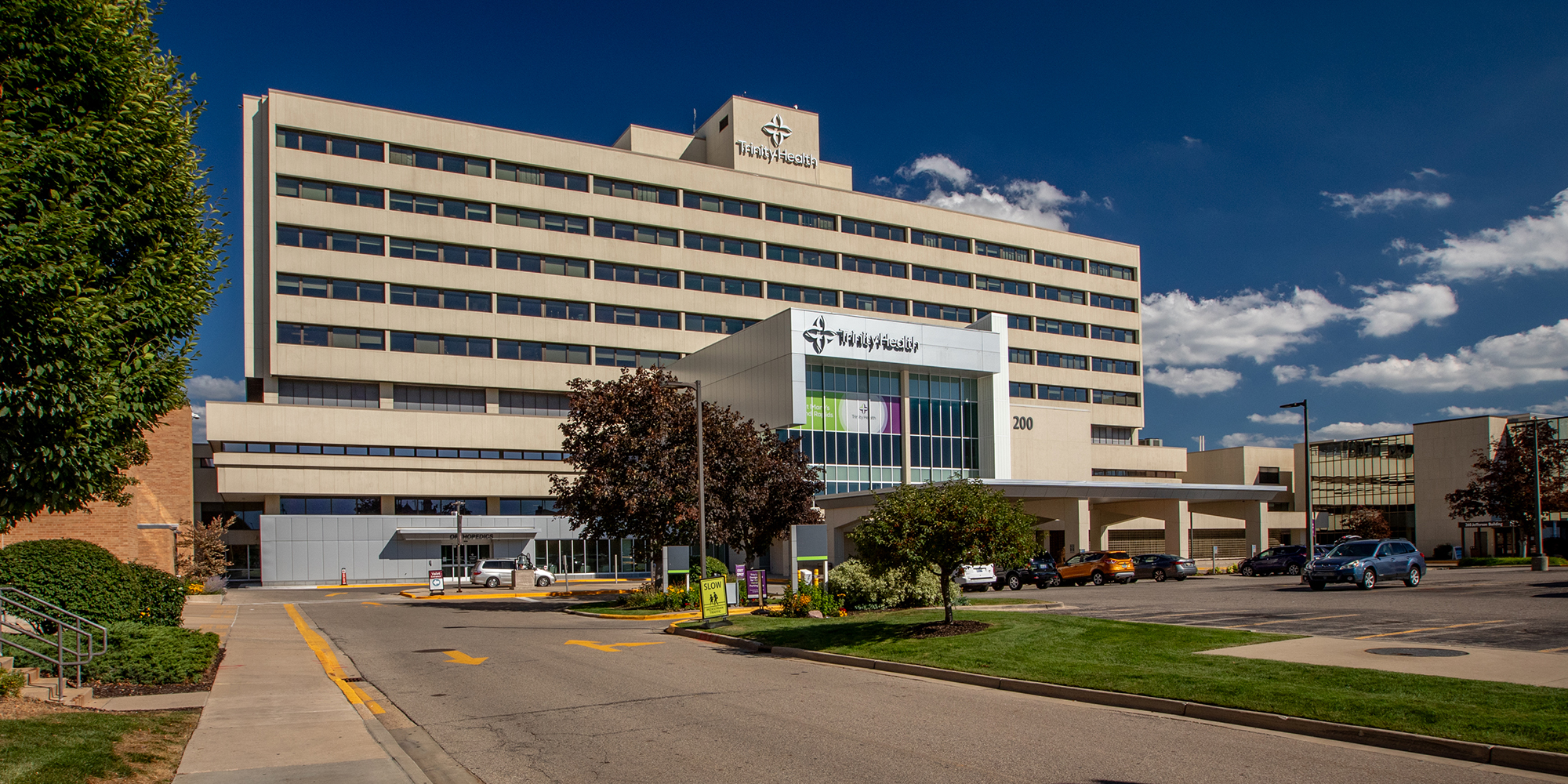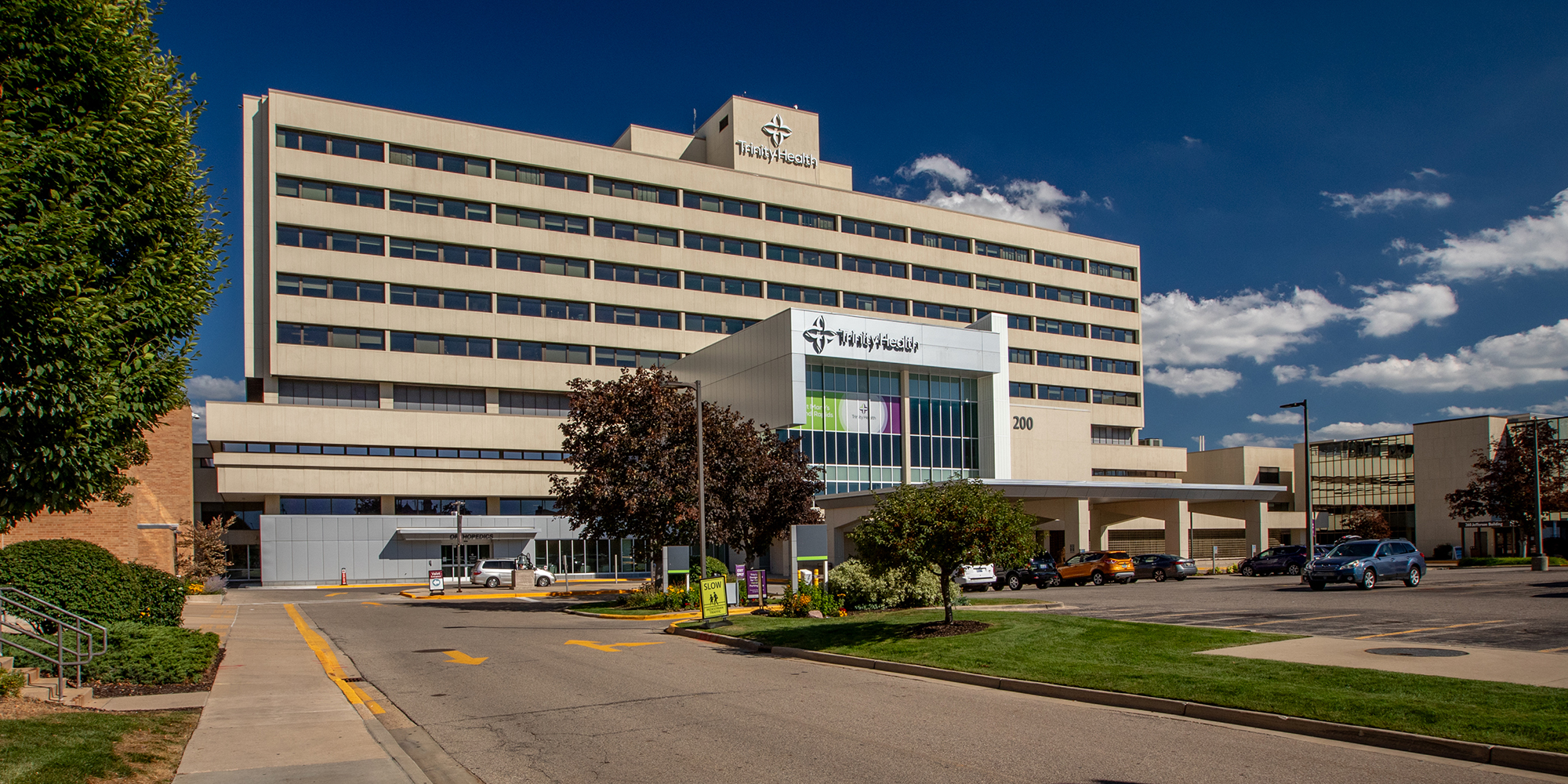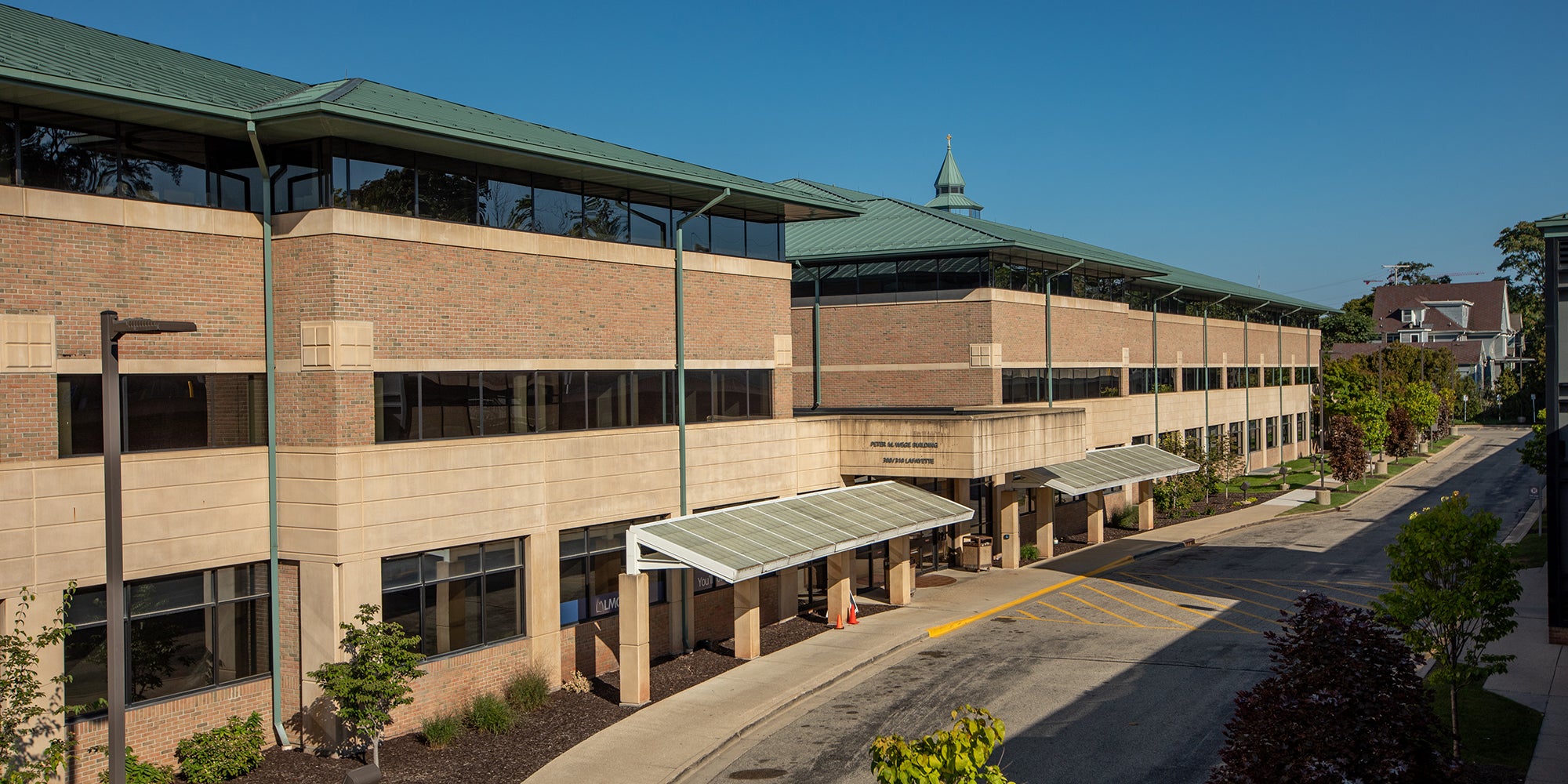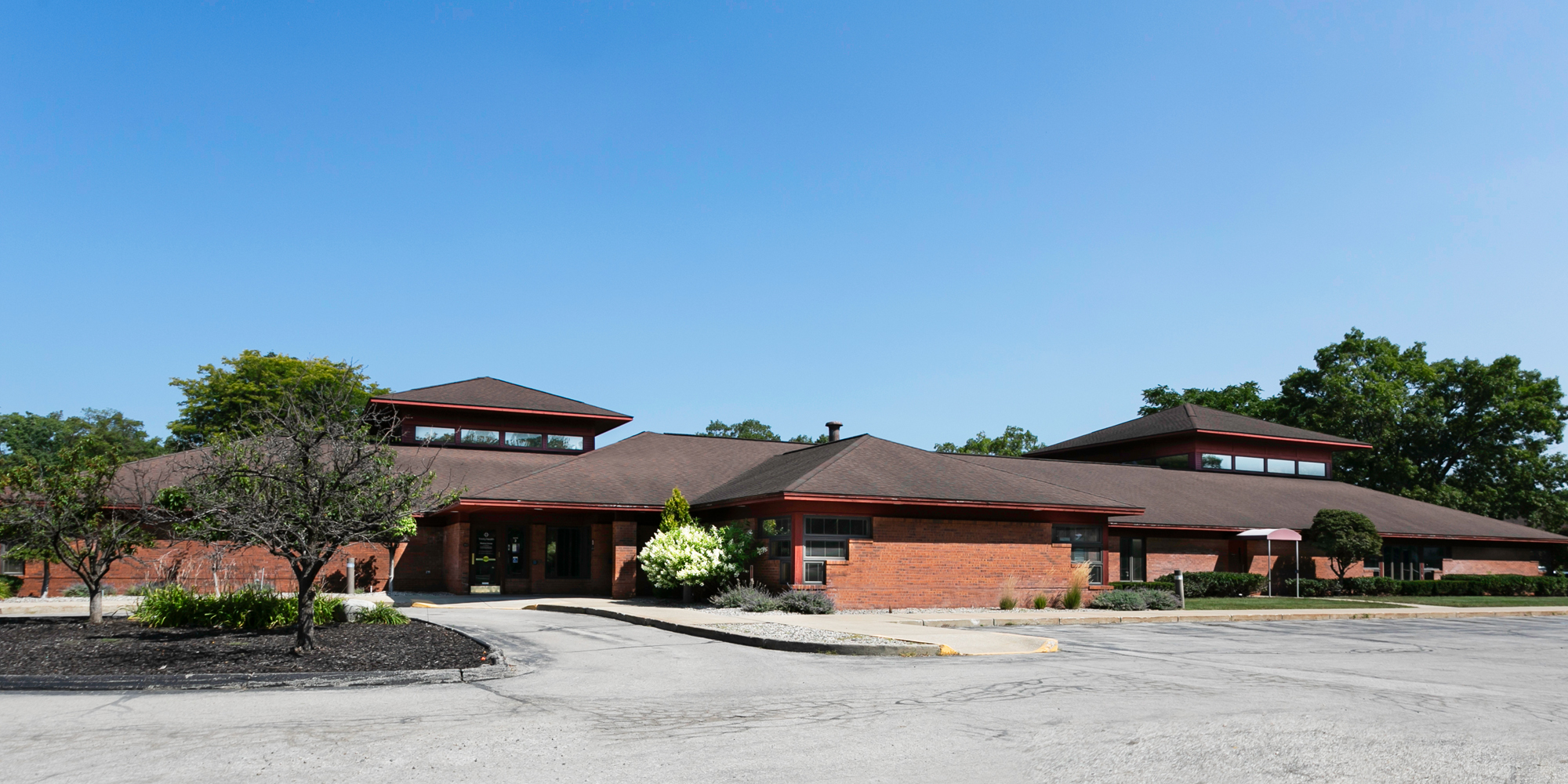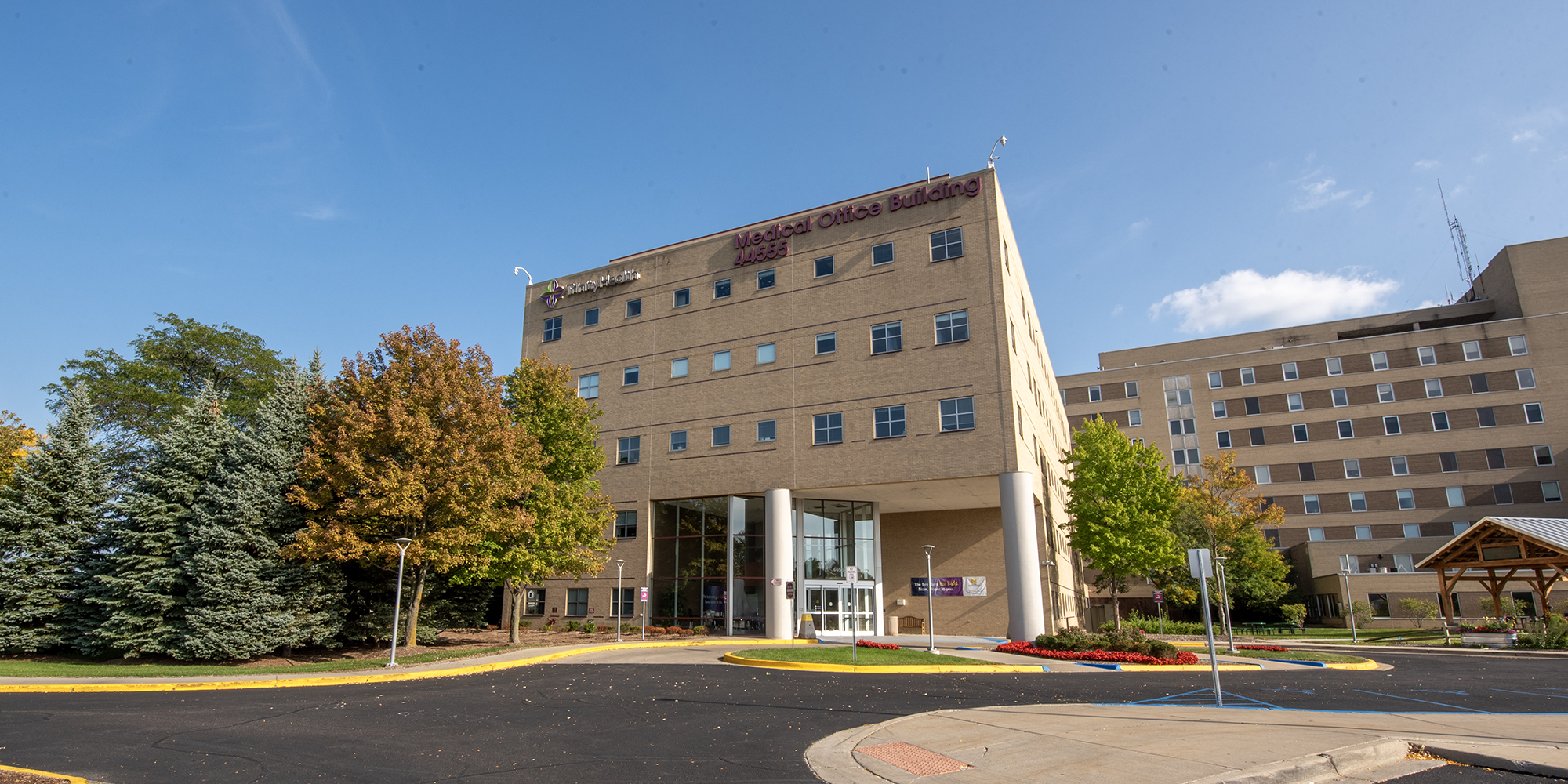Cardiac Catheterization
Diagnosing certain cardiovascular conditions requires a closer look at your heart. Cardiac catheterization is a procedure that does just that. At Trinity Health Michigan, you have access to this sophisticated test close to home. Catheterization helps you receive an accurate diagnosis and the high-quality therapies you deserve.
What Is Cardiac Catheterization?
Heart catheterization is a procedure that uses a thin tube (catheter). A physician inserts the catheter into a vein in the groin or arm and advances it to the heart. Instruments at the tip and sophisticated imaging make it possible to assess heart muscle, vessels and blood flow.

Contact Us
Looking for more information on cardiac catheterization? Contact one of our cardiology practices today.
Our Locations
Heart Catheterization at Trinity Health Michigan: Why Choose Us?
If you need cardiac catheterization, you are in caring and capable hands. Trinity Health Michigan cardiologists with advanced fellowship training perform your test. Our commitment to delivering high-quality services has earned national recognition for some of our locations. We perform a high volume of procedures, so you can count on us for accurate testing.
Conditions We Diagnose Using Cardiac Catheterization
Heart catheterization helps us diagnose a variety of conditions, including:
- Cardiomyopathy
- Coronary artery disease
- Heart valve disease
- Murmurs and arrhythmias
- Pulmonary hypertension (high blood pressure in the lungs)
Diagnostic Heart Catheterization Services
We use cardiac catheterization to perform a variety of heart tests, including:
Electrophysiology (EP) Studies
These studies check for abnormal rhythms by assessing the heart’s electrical activity. A special instrument at the catheter tip contains electrodes that work with a computer to complete the evaluation. EP studies help determine the cause of the arrhythmia and the best treatments for your needs.
Diagnostic Heart Catheterization
This test involves catheters, a special dye and computers. Placing the catheter on different sides of the heart helps us check for different issues.
Left heart catheterization is used to assess signs of heart valve disease, coronary artery disease and certain forms of cardiomyopathy.
Right heart catheterization makes it possible to evaluate arrhythmias, measure oxygen levels and determine filling pressure in the heart’s lower chambers.
Heart Biopsy
During this catheterization procedure, we collect a small sample of heart tissue. Experts examine the tissue in a lab under a microscope to diagnose certain heart conditions. You may need a heart biopsy if you have signs of a heart infection or heart muscle diseases such as cardiomyopathy.
Pericardiocentesis
Pericardiocentesis drains fluid buildup in the pericardium, the heart’s protective lining. You may need this procedure if you have too much fluid in the pericardium (pericardial effusion). Draining the fluid may prevent future buildups.
Peripheral Arterial Angiography
This test evaluates arteries and blood flow in the arms and legs. You may need this test if you have peripheral artery disease (PAD) and are experiencing signs of narrowed or blocked arteries. We use peripheral arterial angiography to detect blockages and determine their severity.
Renal Artery Angiography
This test is similar to peripheral angiography. But it evaluates blood flow through arteries that supply blood to the kidneys. Renal artery angiography helps us detect narrowing and blockages. It’s also for assessing aneurysms, a weak spot in a blood vessel wall that balloons out.





